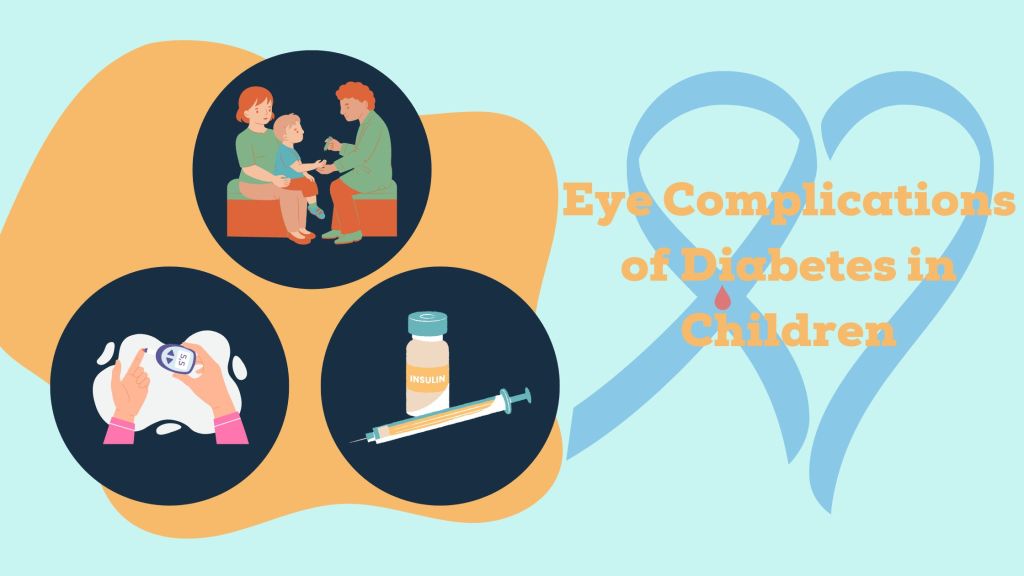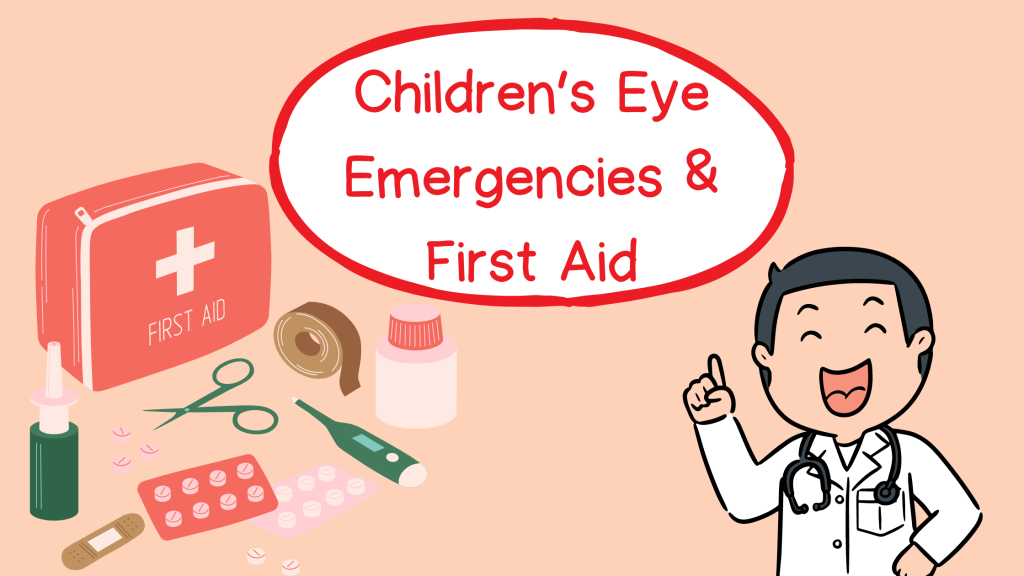Without a doubt, carrots, like other vegetables and fruit are rich in vitamins and nutrients bringing many benefits to the health of the human body.

The tales relating to carrots and eyesight have been numerous across different cultures and times. The debate of whether carrots improve eyesight is a myth or not is still the topic of many conversations.
The royal British air force claimed that carrots gave their pilots sharp night vision during their war with Germany in the 1940s. The British used this story to cover up a radar system able to detect aircraft’s outside the British airspace, as well as, an airborne intercept radar that is fitted onto the aircraft. And so the legendary myth was invented.

But it isn’t entirely a lie!
Carrots are rich in carotenoids, such as beta-carotene, lutein, and zeaxanthin, known for their antioxidative and anti-inflammatory properties. In turn, protecting against degenerative eye diseases including macular degeneration, Myopia, cataracts, glaucoma and possibly cancer.
Beta-carotene is converted by the body to vitamin A (retinol), which is then delivered to the retina to facilitate the absorption of lutein and zeaxanthin, again protecting against oxidative degenerative process leading to macular degeneration.
“The absorption of beta-carotene is better if the carrots were cooked”.
Vitamin A also plays a great role in supporting the structure of rods and cones, the photoreceptor cells of the retina, responsible for our night and day vision respectively.
Vitamin A deficiency has been linked to poor night vision in literature.
On the contrary, overdosing on vitamin A sourced from fruits and vegetables is very unlikely. Hence, you can eat until your heart is content.
There’s minimal research on how many carrots per day should be eaten to improve vision. Nor is there research on the relationship between the age carrots are ingested and vision. But, it is not the carrots per se. As long as you have a nutritionally balanced diet, your body will utilize the vitamins, minerals, and nutrients as required.
However, Vitamin A and beta carotene supplements have been reported to have negative associations with health. Vitamin A toxicity can cause serious vision problems, confusion, mouth ulcers, birth defects, and adverse effects on the liver and bones. High doses of water-based Vitamin A supplements are more likely to cause toxicity than oil-based supplements. Beta carotene supplements have been linked to an increased risk of lung cancer in people already at risk due to smoking. Whereas, Vitamin A and beta-carotene ingested from food are more likely to cause yellow-tinged skin called carotenemia, rather than toxicity.







